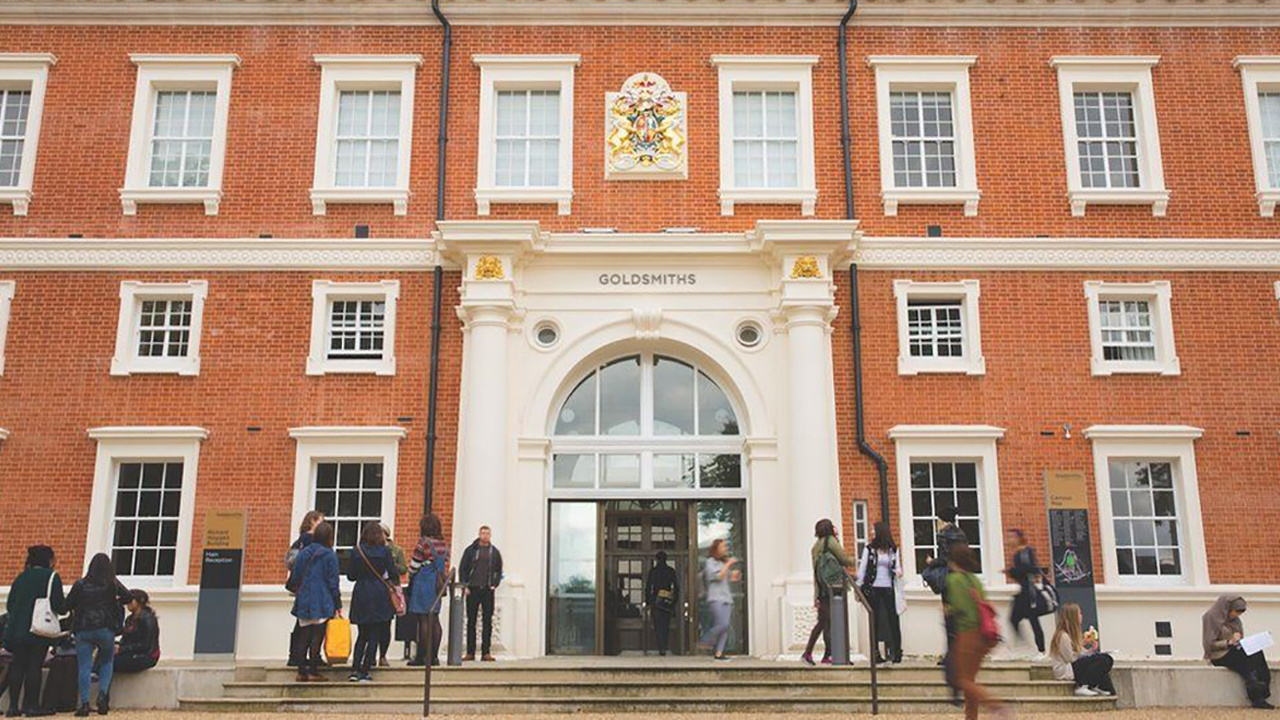

Goldsmiths
In a bid to fight the climate crisis, one London university is taking beef off the menu at all campus eateries.
Goldsmiths, University of London announced the beef ban Monday as part of a series of steps designed to help the institution, which has declared a climate emergency, go carbon neutral by 2025. Other measures include an extra 10 pence charge for bottled water and single-use plastic cups and the installation of more solar panels on its campus in Southeast London.
At least one Goldsmiths student is ready to give up campus burgers for the planet.
“I think it’s a really positive move—Goldsmiths is recognising its own power and accountability in being more environmentally conscious,” 20-year-old psychology student Isabelle Gosse told The Guardian. “Banning the sale of beef meat on campus, phasing out single-use plastics and the other pledges that the new warden has made highlights the current climate emergency that the world is facing.”
The Goldsmiths Students’ Union also supports the decision, HuffPost reported.
The beef ban will go into effect at the start of the coming academic year. The school will also switch to a 100 percent renewable energy supplier as soon as its current contract ends, according to The Guardian. Further, its endowment fund will cease investments in companies that earn more than 10 percent of their revenue from fossil fuel extraction starting December 2019.
“It’s encouraging to see an institution like Goldsmiths not simply declaring a climate emergency, but acting on it,” Greenpeace UK Climate Emergency Campaigner Rosie Rogers told The Guardian. “From energy use, to food sales and plastic pollution—all universities and organisations with campus sites can make changes across their facilities that are better for our planet. We call on others to urgently follow suit, and to include cutting all ties from fossil fuel funding in their climate emergency response.”
Goldsmiths currently emits around 3.7 million kilograms (approximately 8.2 million pounds) of carbon per year, according to figures released by the university. That number is down nearly 10 percent from what it was three years ago, Goldsmiths said.
But for Goldsmiths Students’ Union President Joe Leam it’s still too high.
“It is clear our university has a huge carbon footprint,” he wrote in a blog quoted by HuffPost. “The promise to have ended this by 2030 at the latest, with the hope of doing so by 2025, is one which is needed. Whilst this plan/action is only the beginning, and much work is yet to be done, it is fantastic to see Goldsmiths taking responsibility and responding to its impact on the climate.”

 233k
233k  41k
41k  Subscribe
Subscribe 